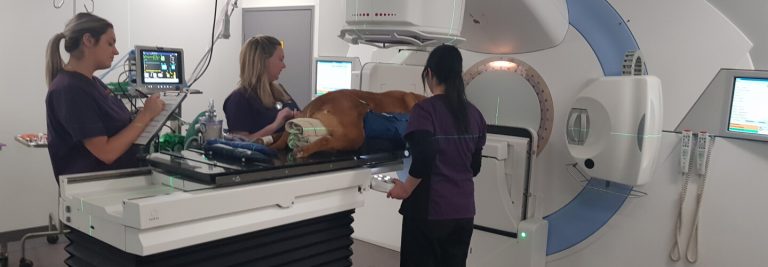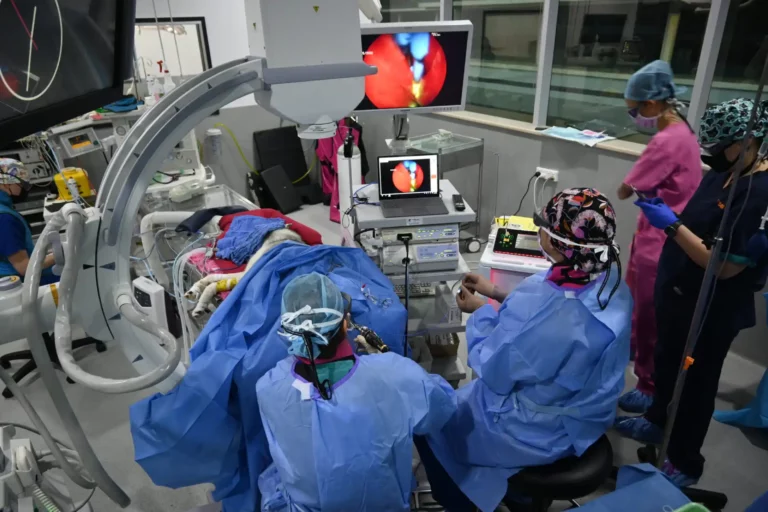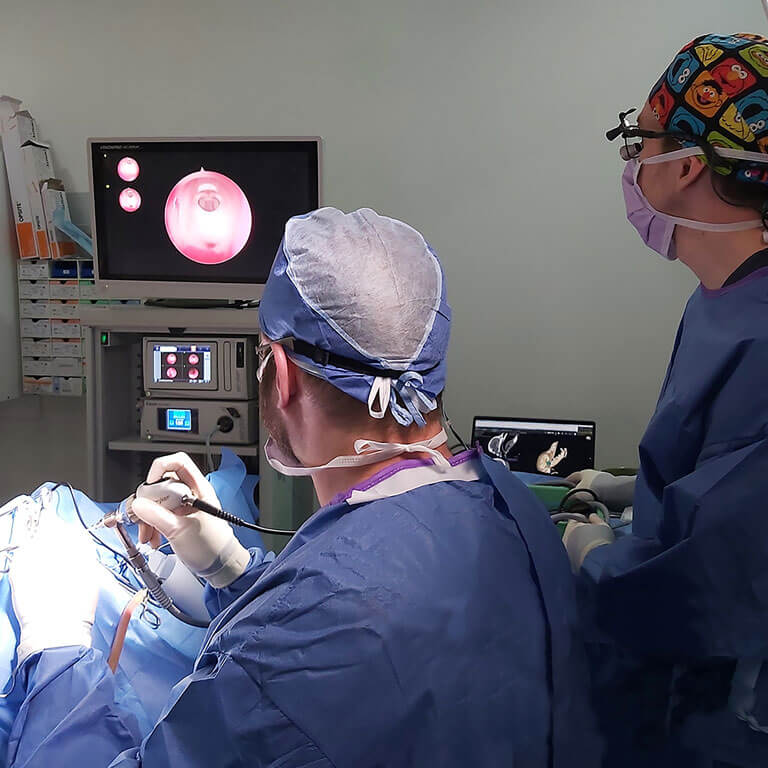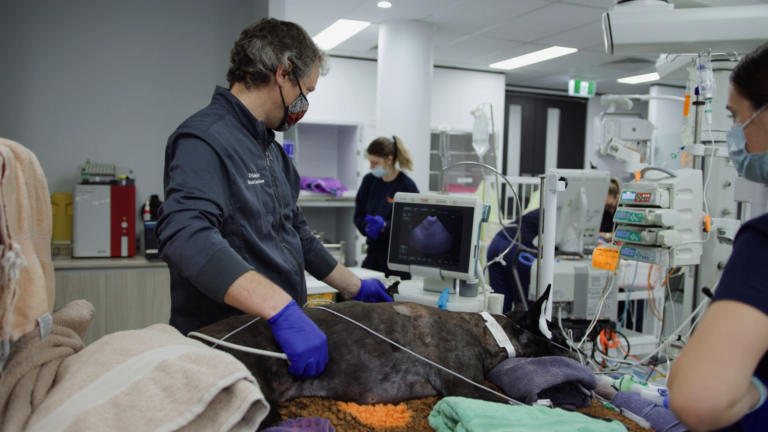By Dr Soo Kuan
What is a liver tumour?
A liver tumour is when any mass has been found on the liver. The good news is that a liver tumour is most often not as bad as it sounds. The mass could be a benign (non-spreading) or malignant (aggressive cancer).
Malignant cancers are cancers that have the potential to spread to other parts of the body. Occasionally, they are cancers that arise from a different organ and have subsequently spread to the liver.
Benign masses, despite being benign, are not completely harmless. These are masses that have no potential to spread to other organs, but can cause illness, either by rupturing and causing potentially fatal blood loss, or by simply taking up space in the abdomen and causing discomfort.
It is rarely possible to differentiate between benign and malignant masses prior to surgery, unless there is obvious spread of cancer to other organs.
Can liver tumours be removed?
Most liver tumours, whether benign or malignant, regardless of their size or location can be removed.
An important diagnostic test that we recommend for all dogs with a liver mass is a whole body CT scan. This allows us to assess the location and size of the mass, the mass’s proximity to major vessels, and also to look for evidence of other masses in the chest or abdomen. It helps the surgeon plan the surgery and reduce the risk of complications during surgery.
Once we have determined that your pet is a suitable candidate for surgery, we can then discuss the surgical procedure with you in greater detail.
Potential risks of liver surgery
All surgeries carry some risk, such as infection and wound healing complications. Anaesthesia itself carries a small risk. However there are specialist Anaesthetists present at SASH just for cases like this. Liver surgeries can sometimes cause blood loss, but blood transfusions are on standby if required, through our in-house Blood Bank. Specific risks of liver surgery will always be discussed at the time of consultation.
Because the liver is the organ that makes clotting factors (which are important for normal blood clotting), we may also run blood tests to check your pet’s blood clotting ability prior to surgery.
Recovery after liver surgery
The length of hospital stay after liver surgery depends on several factors, including comfort levels, and how stable they are. They will generally recover initially in our intensive care unit (ICU) and monitored by our Critical Care team, but will be transferred to the general hospital wards within 1-2 days.
We will usually discharge patients once they are eating and drinking in hospital (and therefore don’t require intravenous fluids) and are comfortable on oral painkillers. We often repeat some blood tests after surgery to ensure that their blood count is stable.
Will my pet need chemotherapy?
Whether chemotherapy is needed depends on the type of tumour, which is determined by sending tissue samples to pathology lab. At SASH we are fortunate to have our in-house Pathology service. Occasionally, cells may be obtained by a needle aspirate with ultrasound guidance prior to surgery. However, usually, a diagnosis is only obtained after the tumour is removed and sent to the pathology lab, as even benign tumours may still cause illness. The results are expected back 5-7 days after surgery.
In most instances once a liver tumour has been removed, follow up chemotherapy is not required even if the cancer was malignant. We may recommend regular follow up scans to monitor for signs of local recurrence.
There are some types of malignant tumours of the liver that may benefit from chemotherapy after surgery. If so, your pet can be referred to our Oncology (cancer specialist) team.
What after arriving at SASH?
Before your appointment, we ask that the clinical records from your regular vet be sent to us, along with any lab results or x-rays. This allows us to better understand your pet’s condition.
If your pet presents as an emergency, for example, if they collapsed or are very weak, they may be assessed by a triage nurse first. If immediate treatment is required, the triage nurse may ask that you allow them to take your pet to the treatment room for us to administer immediate treatment.
Generally, most pets with a liver tumour do not present as an emergency. When you arrive, you will be seen by a Surgeon or one of the Internal Medicine Veterinarians. The initial consultation will include some questions regarding your pet’s medical history, a physical examination, and a discussion about our assessment, recommended diagnostic tests, and potential treatment options.
After this discussion, a detailed estimate will be given to you for your perusal and consent. We will also discuss your preference regarding resuscitation in case of emergency.




